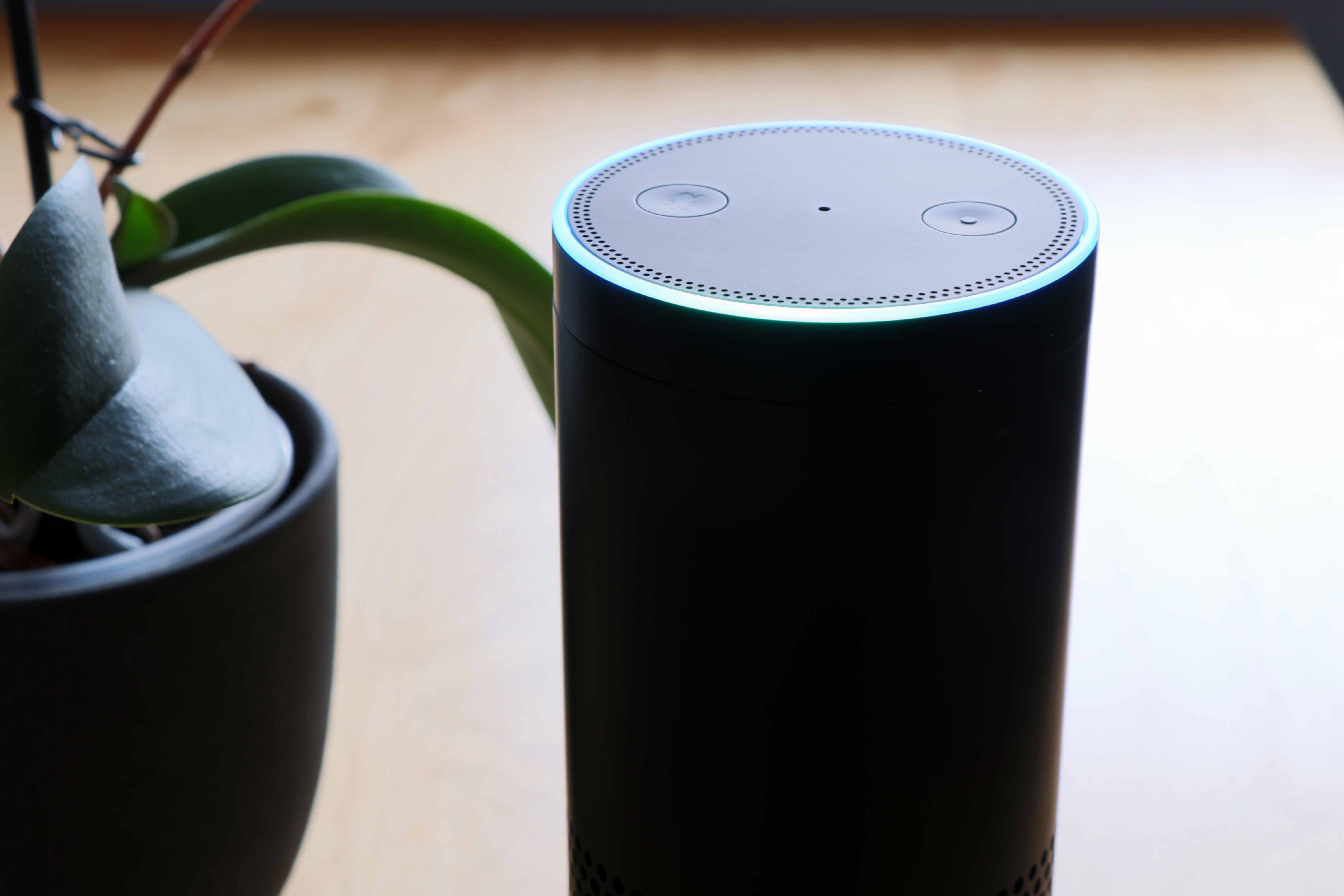Latest update August 24th, 2024 2:13 PM
Latest News
- An Experts Insight to Spain’s Golfing Gems
- How to stay up to date with global trade news
- Is digital advertising more or less effective at increasing brand awareness than traditional advertising methods?
- 5 easy-to-overlook ways you can save time in your business operations
- How to Recover From a WordPress Website Attack
Advancing Automated Workspaces Means Better Communication
Nov 06, 2018 Web Developer Technology 0

With many articles proclaiming that the desk is dead, it is time to admit that automated workspaces are becoming the office of the future, in a trend that we’ll likely see continue to grow over the coming years.
This millennial-driven trend is shaking up the workforce and liberating corporate culture from the restrictive rules that have constrained both the mental and physical spaces of business. Our aversion to the technological revolution is lessening, as we come to understand that to optimise the smart office, and help — rather than hinder — individuals, a marriage of technology and people is needed.
The Technological Revolution
Unfortunately, productivity is limited, but advancing technology is reinventing the workplace by offering virtual alternatives that promise to better the way we work. Studies have shown that the average worker spends 23 days a year in meetings — of course, the inspiration behind this research is the development of technology to decrease the hours spent doing what is now perceived to be a much too time-consuming task.
Amazon has now branched Alexa — its popular home device — out to a corporate version, named Alexa Business, which attempts to satisfy our insatiable desire to have more time by simplifying banking processes, such as digital payments. As the scope for digital processes has progressed, so too have our corporate surroundings, with companies increasingly introducing a relaxed, open-space working concept. This has birthed further corrective technologies, such as Panasonic’s wearable blinkers, which “help people concentrate in open-plan offices.”
In the modern world, if there is a barrier to productivity, technology will inevitably address it as we continue to take steps into a completely digital era. Technology roles are no longer reserved for the confines of Silicon Valley and, instead, are distributed across the globe, with remote work slowly, but surely, becoming the norm. Even those who are continuing to work in traditional positions are being assisted by technology to perform their duties. This is the technological revolution.

Increasing Business Credibility
The endless options provided by this advance in technology are helping relatively small businesses excel in their fields, by enhancing their professional image and subsequent credibility in the virtual space. Credibility is necessary for business success, as it builds trust with customers and clients — a vital component of any sale. Communication is seen as a key area for leaders to focus on, with open, honest and accessible communication channels possessing the ability to greatly improve customer relationships through enhanced points of contact.
These lines of communication aid small companies to actively engage customers through multiple channels and develop trusted relationships. As a business expands and scales, virtual business phone systems are a helpful way to retain a professional image while offering constant access to the new 24-hour consumer.
In a world where markets are incredibility competitive and ever-changing, managing corporate reputation is now an art — one that businesses can’t afford to neglect.
Valuing Corporate Flexibility
Technology’s effect on business is two-fold, benefitting the external and internal stakeholders in your business. The development of fully remote companies recognises the need for increased flexibility at work to suit the individual, rather than the crowd. The success of these businesses is down to their ability to hire based on skill over location, where they aren’t restricted to hiring “the best out of a bad bunch”, and where they value giving employees the freedom to produce quality work that is not diluted by enforced timings and rules.
But creating a successful virtual environment takes work. Forbes recognises that to build a remote-friendly company culture, leaders should encourage constant, quality communication that goes above the mere use of messenger applications like Slack and, instead, introduces a more traditional — and personal — way of communicating, via phone or face-to-face calls.
So, while call management systems are a great channel for customer interaction, the use of telephone solutions liberates all job types with a range of features, such as call diversion from landline to mobile devices. A business phone number can be shared nationally between several personal devices to create a happy, productive and 100% remote customer service department — or even entire business.
The development of automated workspaces means better communication across the board. This has the potential to save ample time, improve customer service and create a positive environment in a world of work that is set to be characterised by a culture of unimaginable freedom.

 Author Bio
Author Bio
Rory Whelan is a communications expert with over twenty years experience in consultancy, television, media and telecoms. Since 2012 he has held the role of marketing manager for eReceptionist, leading the product to become the favourite call management company for UK SMEs.
Related articles
-
 An Experts Insight to Spain’s...
An Experts Insight to Spain’s...Comments Off on An Experts Insight to Spain’s Golfing Gems
-

-
 Is digital advertising more or less...
Is digital advertising more or less...Comments Off on Is digital advertising more or less effective at increasing brand awareness than traditional advertising methods?
-

Featured Articles
-
 An Experts Insight to Spain’s Golfing Gems
An Experts Insight to Spain’s Golfing GemsAug 24, 2024 Comments Off on An Experts Insight to Spain’s Golfing Gems
For golf lovers in the UK, Spain is an ideal choice as just... -
 How to Recover From a WordPress Website Attack
How to Recover From a WordPress Website AttackJun 06, 2019 0
So your WordPress website was attacked. What next?... -
 7 Features Businesses Should Look for in Contract...
7 Features Businesses Should Look for in Contract...Nov 29, 2018 0
Contract Management is the organization of contracts a... -
 Ask the Expert: How to sell your skill sets online –...
Ask the Expert: How to sell your skill sets online –...May 14, 2018 0
Kiera Louise runs one of Manchester’s top makeup... -
 What To Do If Your Business Partner Passes Away
What To Do If Your Business Partner Passes AwayDec 27, 2017 0
If you’re a partner in a business, managing the death of...

















































































